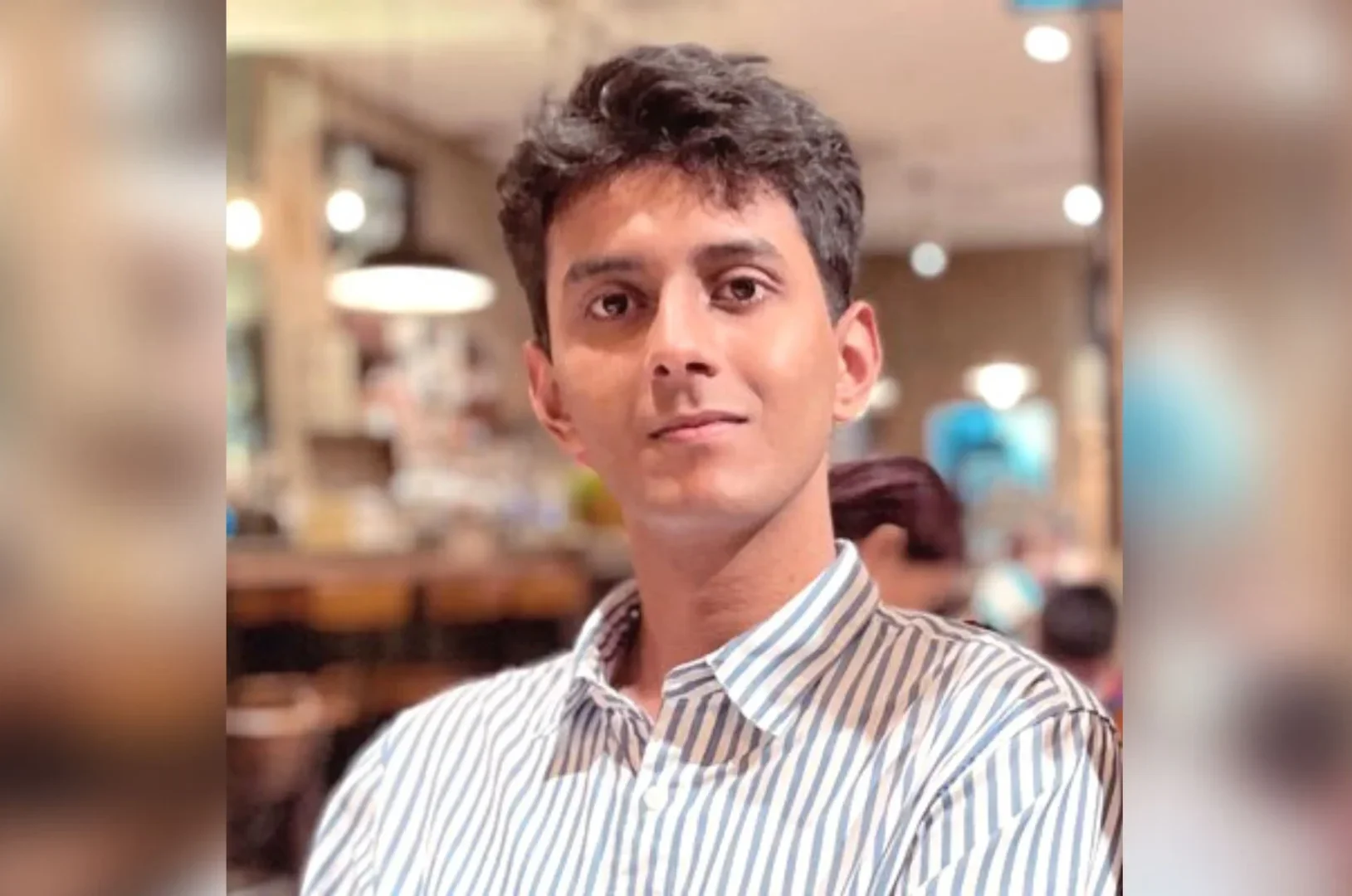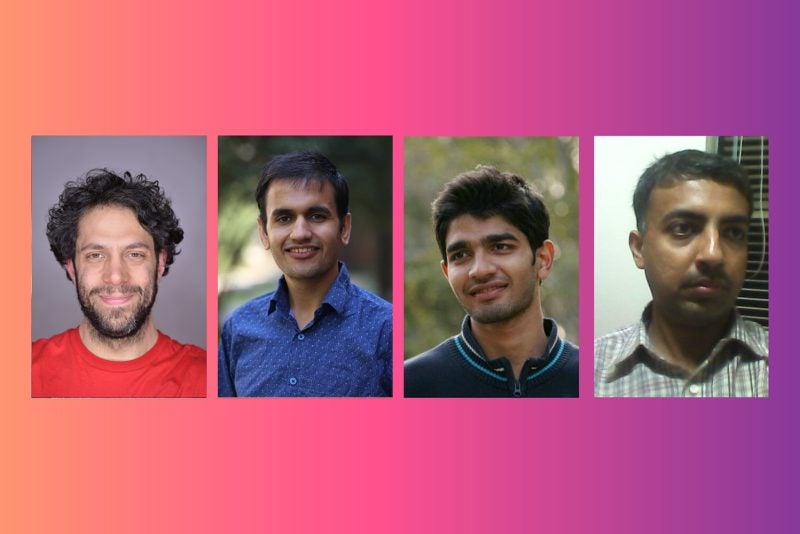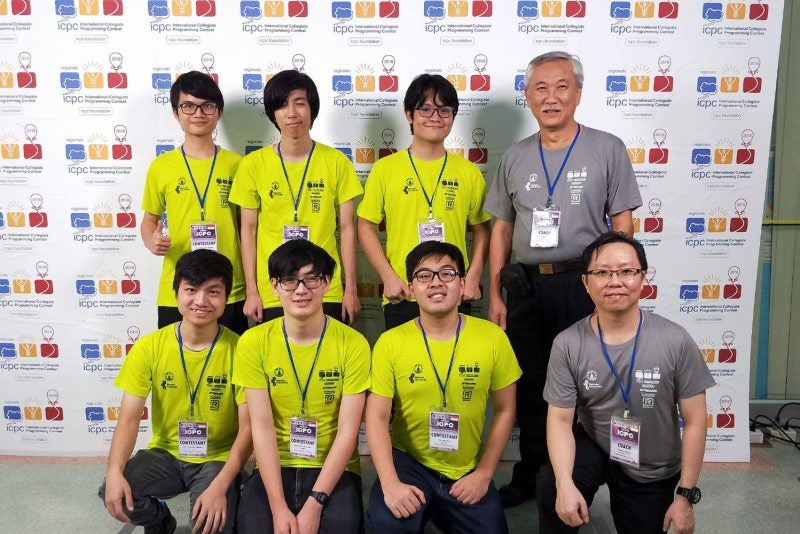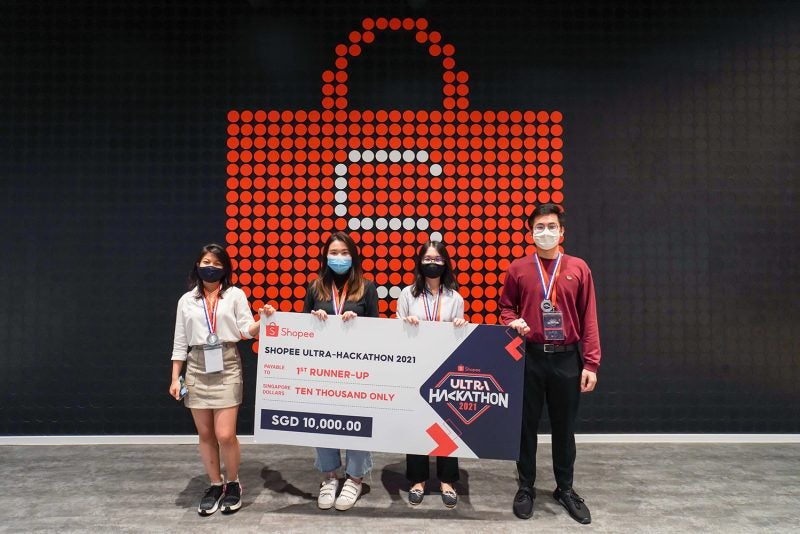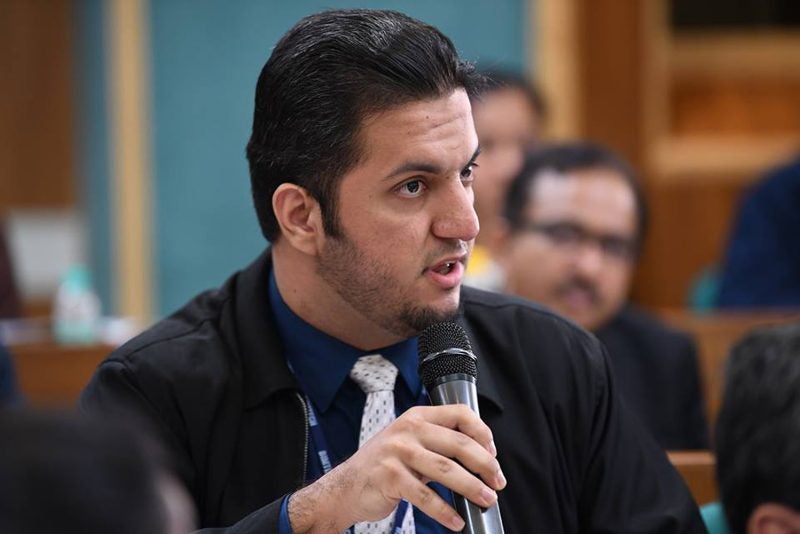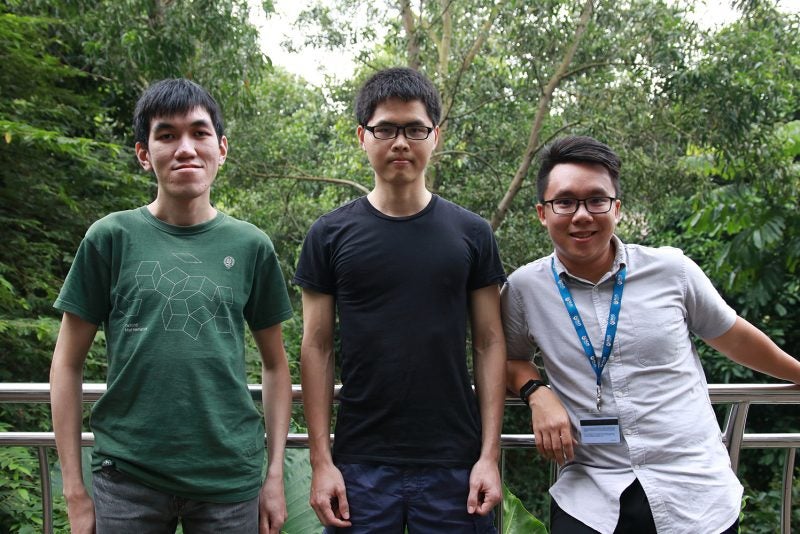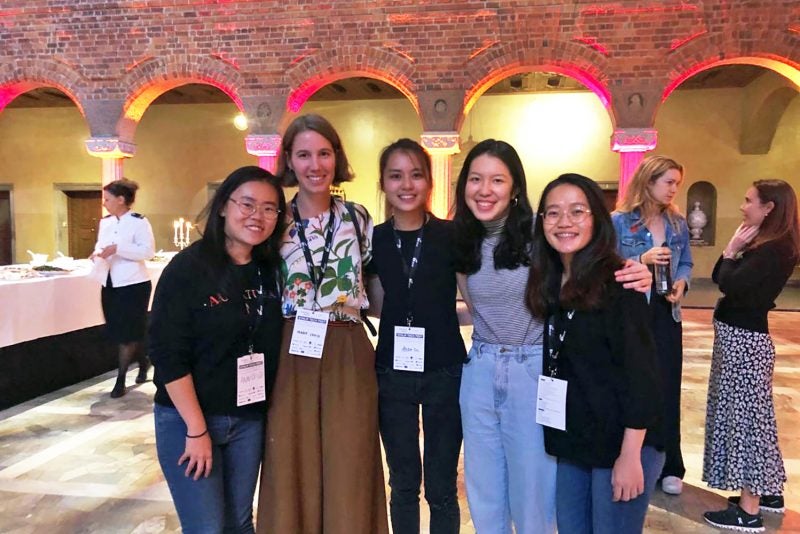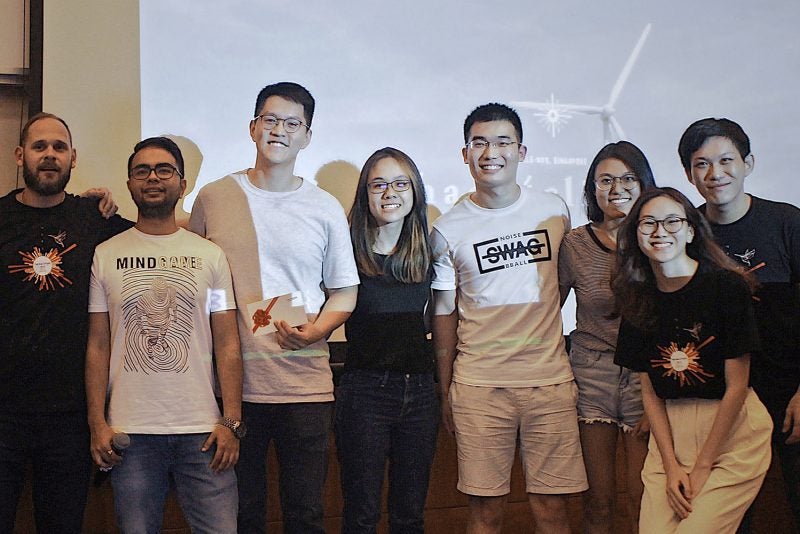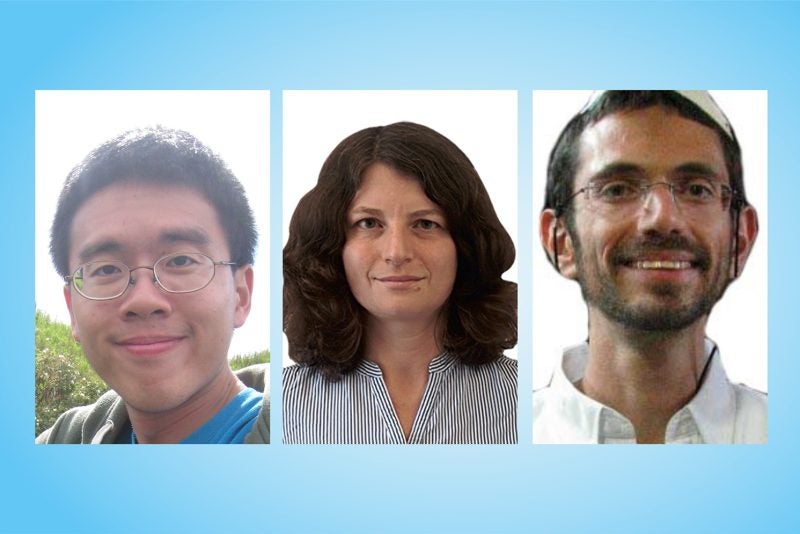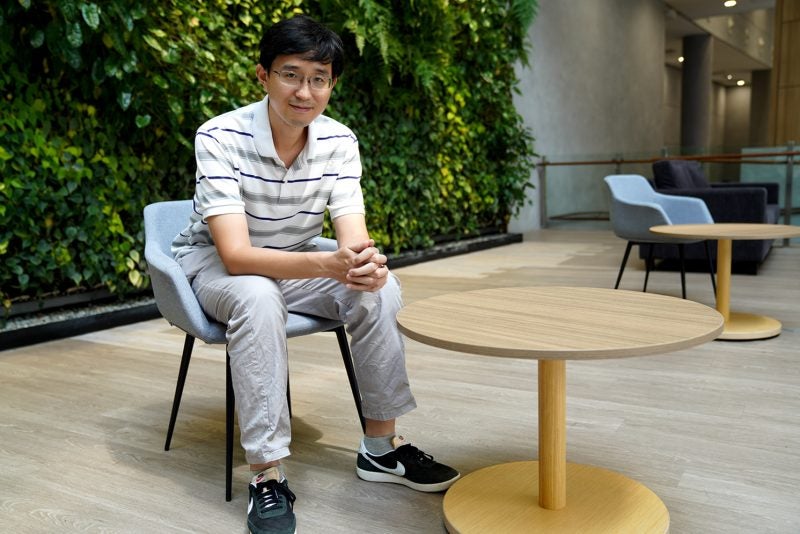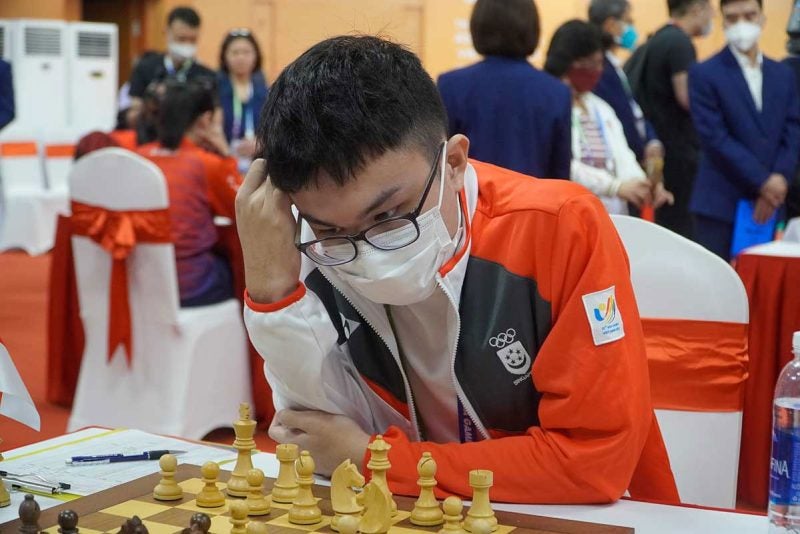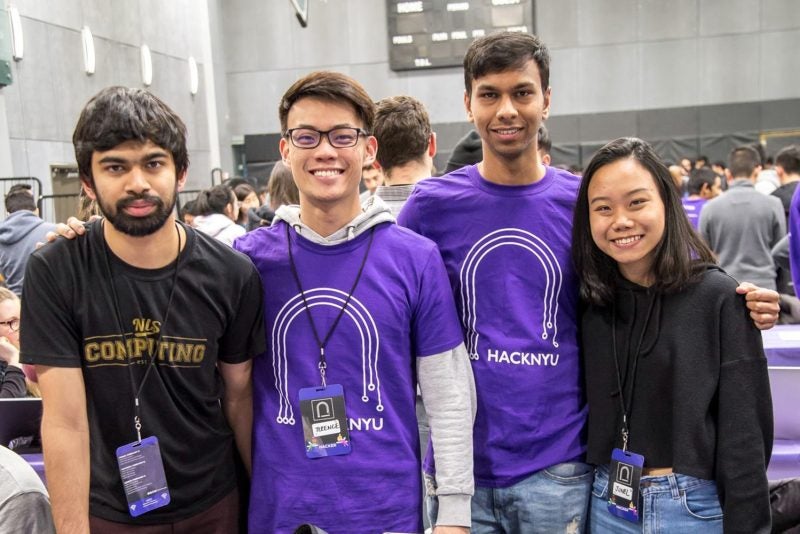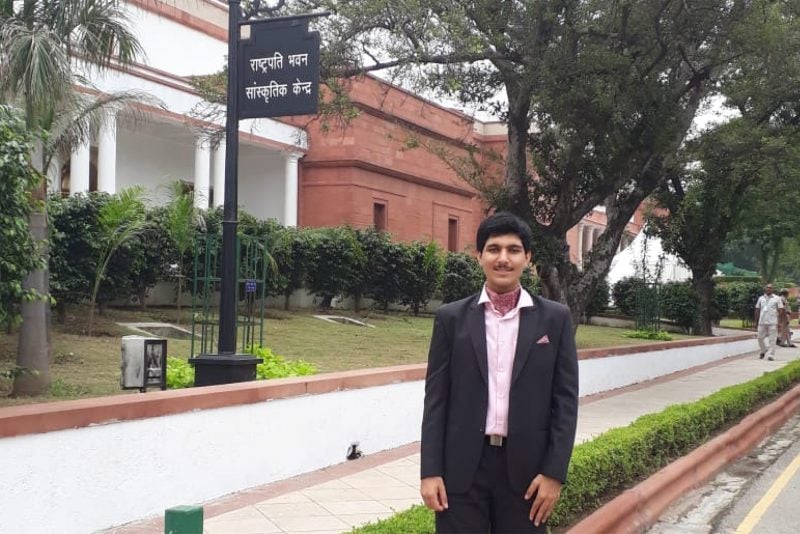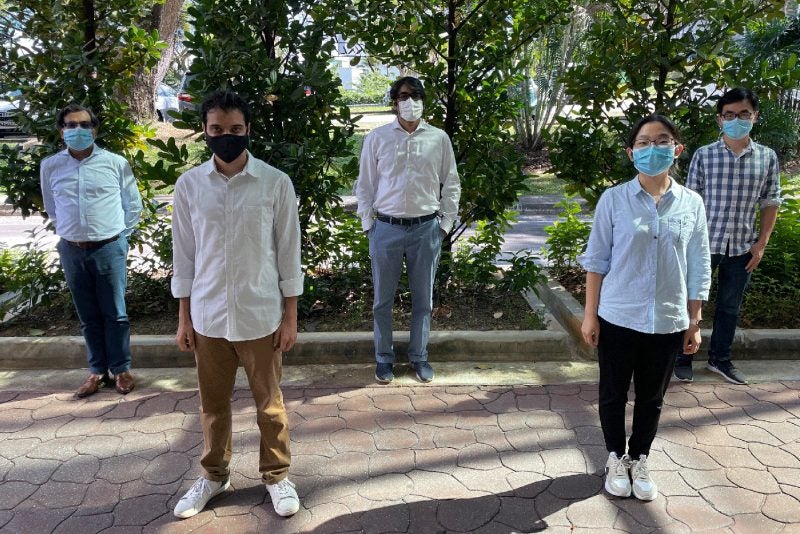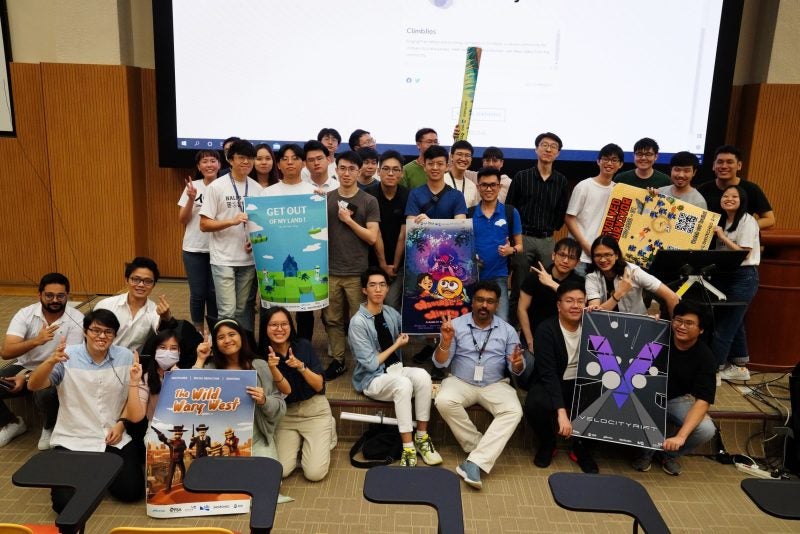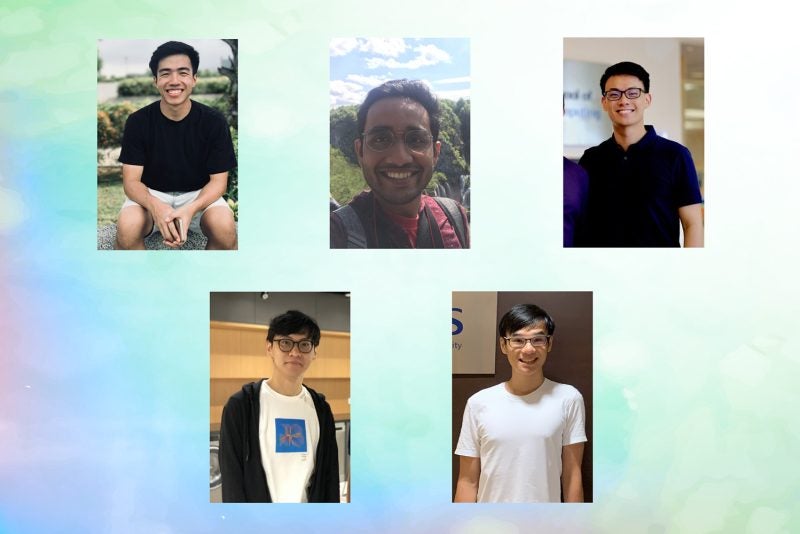5 July 2022 — Computer Science undergraduate Rishabh Anand won the Honourable Mention award for the 2022 Gradient Prize in early June this year for his research essay titled Engaging with Disengagement: Steering Towards Effective Autonomous Vehicle Policy.
The annual technical writing competition was hosted by The Gradient, an online publication by the Stanford AI Lab (SAIL). For the writing competition, contestants had to submit one essay on a topic concerning artificial intelligence (AI).
Anand’s article written for The Gradient was not submitted as a competition entry, but the editorial team decided to shortlist his work and included it in the writing competition.
His research essay documents self-driving car policies from around the world, as well as guidelines for governments to consider when building city-wide infrastructure to better accommodate autonomous vehicles.
“I tried to be as realistic as possible while providing suggestions on what can be done to make self-driving cars more ubiquitous in the future,” explained Anand.
To form a better understanding of the global perspective of allowing autonomous vehicles on the road, he also had to do extensive research on international traffic laws.
“It was difficult to find certain sources of information and transport laws from restrictive countries as they were not fully public or available,” he added.
Awards are given to the top three writing entries that showcase excellent scientific communication and articulation of content, with the first place winner winning the Gradient Prize, and the second and third place winners winning Honourable Mention awards. The top prize was awarded to Oxford University Professor Michael Bronstein, while Anand won first runner-up. Bryan McMahon, an AI policy researcher who graduated from Duke University, won second runner-up.
The guest judges for the competition were Professors Regina Barzilay and Caroline Uhler from the Massachusetts Institute of Technology. Both commented that Anand’s essay “elaborates on many of the policy issues that make it difficult to evaluate these systems on real roads.”
Said Anand of his win: “I was really surprised about the win, and even more surprised by the other winners – an esteemed professor from Oxford and a researcher from Duke!”
Anand will also be presenting his work next month to representatives from the Machine Learning team at Immunai, an AI techbio company specialising in immunity research. The company is this year’s Gradient Prize sponsor.

